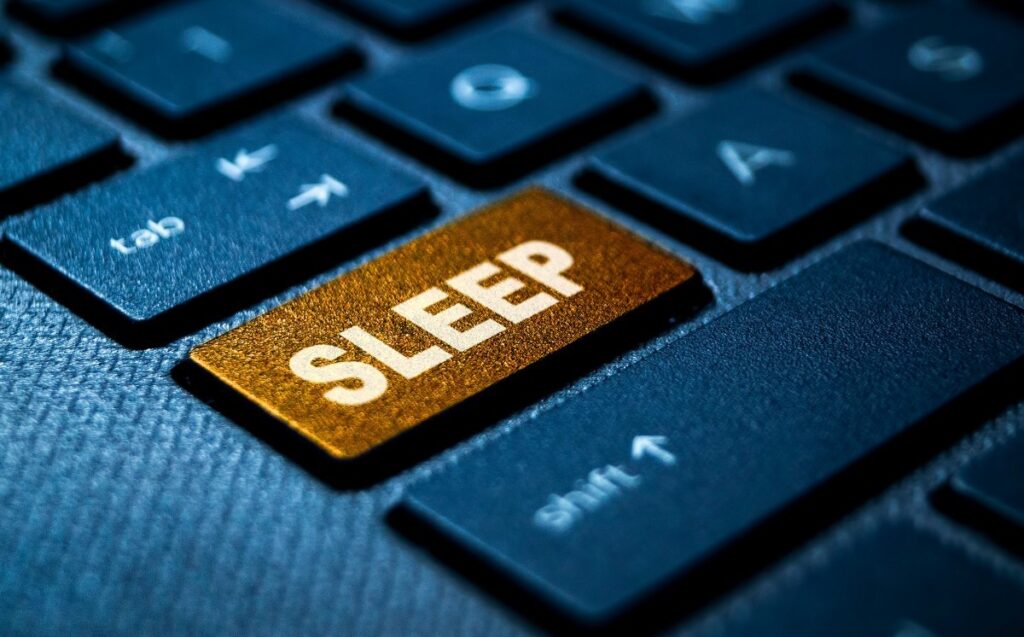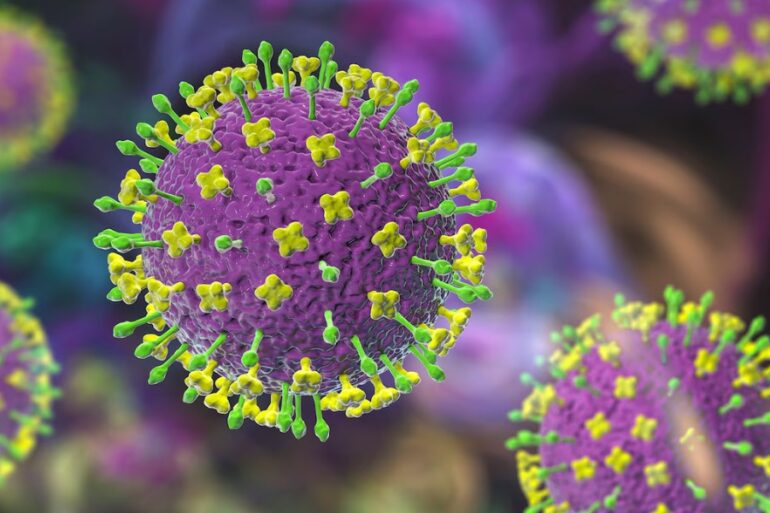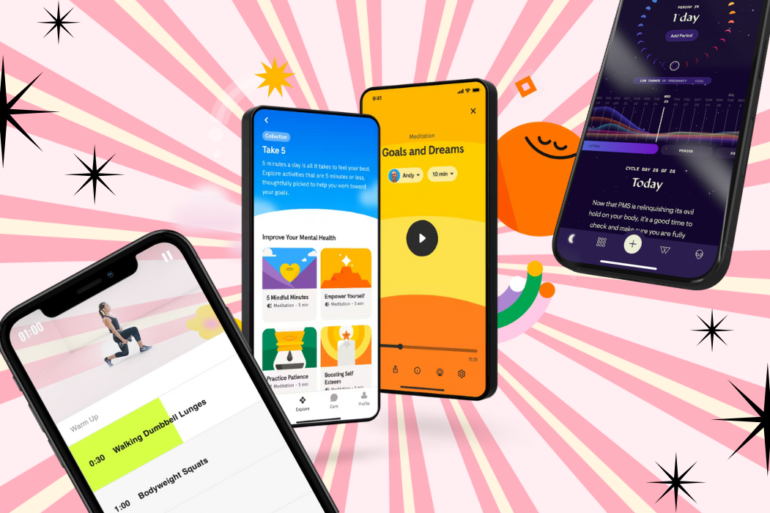Here’s why you should never underestimate the power of sleep.
We’ve all been there—beating our brains out to solve an issue at work, a disagreement with a loved one, or how to pay for next month’s bills. Exhausted or just plain sleepy, you go on and take a nap. And when you wake up, you get that “eureka” moment or sudden realization on what to do.
Yes, sleeping on a problem is an effective way to find solutions to problems. You’ve heard it too many times from your friends, or mental health-related posts online, and now, a study recently published in the Journal of Neuroscience says that it is scientifically sound.
In the study obtained by Time magazine, researchers from the United States Society of Neuroscience found that during sleep, our brain actively processes information and generates new insights that can lead to better decision-making and problem-solving when we wake up. The group tapped 25 people to learn a typing sequence—while wired up to an electroencephalograph (EEG) and magnetoencephalography (MEG).
The machines monitored which portions of their brain lit up as they worked, then they took an afternoon nap with the sensors still attached to them. The researchers were attempting to observe, locate, and analyze sleep spindles, which the Sleep Foundation describes as a specific pattern of brain waves that occurs during sleep. These brain waves are usually involved in memory processing and storage of information in our long-term memory.
During the test, the researchers discovered that sleep spindles were especially high in the same areas of the brain that the participants used in the memorization task. Taking a nap break helped them get the job done and even deliver better performance as the level of activity increases.
“Brain rhythms occur everywhere in the brain during sleep,” said Dara Manoach, psychiatry professor at Harvard University Medical School and coauthor of the study. “But the rhythms in these regions increase after learning, presumably to stabilize and enhance memory.”



Related story: Give your heart some lovin’—eight tips for a heart-healthy lifestyle
Related story: I moved to the south and it saved my mental health
Another study conducted by a team of researchers at Duke University in 2024 pointed out the same thing. People are more level-headed and make better decisions on situations—from mundane ones such as going back to a restaurant to those with longer-term stakes such as hiring or dating—when they sleep on it.
“When we waited, when we let them sleep on it, they made somewhat more rational choices,” said psychologist and the study’s lead author. Allie Sinclair. “They were no longer quite drawn to evaluating events based solely on their first impressions.”
This applies not only to problems but also to experiences that give us a thrill, such as shopping or meeting someone new for the first time. “When it’s over, our brain knits it all together in memory to help us make better choices—and that neat trick happens overnight,” added coauthor Dr. Alison Adcock.



Related story: Maybe it’s time to rethink how we rest, work, and live in one space
Related story: Vitamin sand and sea: Why a quick beach trip is great for a mental health boost
This quick and surprising way of solving problems begins in an area of our brain called “hippocampus.” It plays a crucial role in processing short-term memories and breaking free from mental fixations. During sleep, the hippocampus determines which of those short-term memories are relevant and should be transferred to long-term storage to help you navigate situations.
“When we’re asleep, the hippocampus is hard at work, consolidating those memories and experiences from throughout the day. It does this by replaying things that were important and pruning away the things that weren’t,” said Sinclair.
Once it’s done selecting the keepers, the hippocampus transfers these memories to the neocortex, which is responsible for higher-level brain functions like conscious thought, sensory perception, cognition, and language. These two brain regions then work together to analyze the information and develop strategies that would address your worries and problems. And this process often takes place when we hit the sack.
“Creative problem solving improves after a period of sleep,” Sinclair added. “It helps us piece together those threads of what we’ve been thinking about, filter out irrelevant information, and come to a better conclusion when we wake up the next day.”
So, if you’re in desperate need of solutions, just take a break and sleep on it. You’ll come back with a clearer head —science has proven it real.








